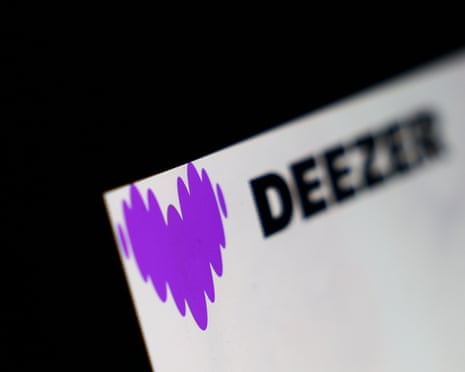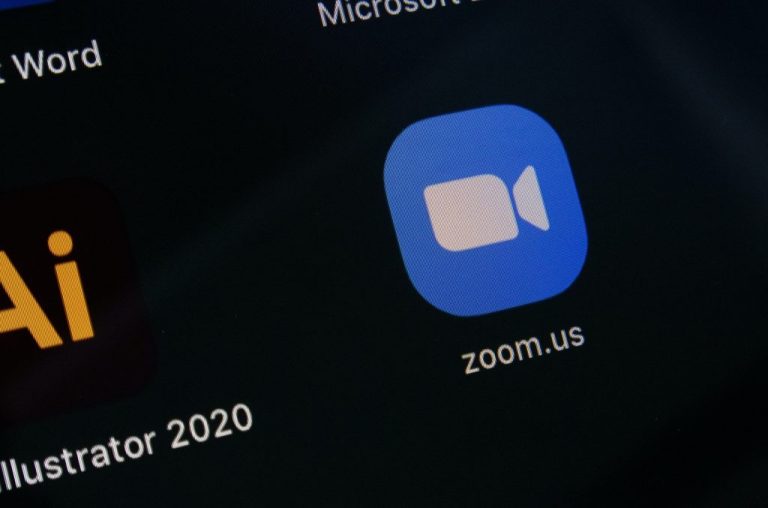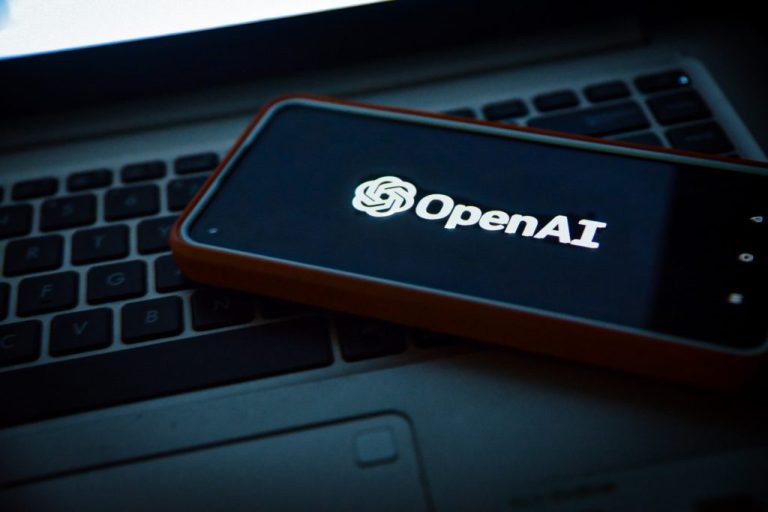Is GitHub’s New AI Tool a Copyright Violation? Experts Weigh In
Experts Debate GitHub’s AI Tool and Copyright Concerns
GitHub’s latest AI tool, Copilot, is generating considerable discussion within the tech community, attracting both acclaim and skepticism. This innovative code assistance tool leverages context from developers’ work to suggest entire lines or functions. OpenAI claims that Copilot’s capabilities significantly surpass those of GPT-3, potentially aiding even seasoned developers in uncovering new APIs or problem-solving methods.
However, some critics argue that the tool may be infringing copyright laws by utilizing copyrighted code, which GitHub intends to monetize. A prominent voice in this debate, Jake Williams, publicly challenged GitHub, offering to donate $50,000 to a charity if they can prove that Copilot does not infringe on any copyrighted works.
Julia Reda, a researcher and former MEP, counters these claims in her blog, asserting that GitHub Copilot does not violate copyright laws. She highlights that GitHub utilizes an extensive collection of repositories with ‘copyleft’ licenses, which permit modifications and redistribution within the open-source community. Reda warns that imposing stricter copyright regulations could undermine the positive impacts of copyleft practices.
Despite these arguments, some commenters remain skeptical, pointing out that Copilot has been shown to reproduce code verbatim from various codebases. They emphasize that integrating GPL code into a neural network does not absolve it from licensing obligations, noting that much of Copilot’s output may already bear copyright violations.
Adding to the complexity, Reda argues that machine-generated content cannot be classified as ‘derivative work’, due to the absence of a human creator. She notes, “Copyright law has always applied to intellectual creations – where there is no creator, there is no work.” This raises questions about whether increasing machine-generated outputs should be governed by existing intellectual property laws.
The ongoing debate invites individuals to shape their own stance on these pressing issues surrounding AI, copyright, and innovation.
NVIDIA Helps Germany Lead Europe’s AI Manufacturing Race
Welcome to Our Community
Stay Updated
Artificial Intelligence, Machine Learning, Space
The role of machine learning in enhancing cloud-native container security has garnered significant attention, with over 42,100 views. This field focuses on improving security measures for containers deployed in cloud environments, leveraging advanced algorithms to detect and mitigate threats.
Artificial Intelligence, Finance, Logistics
Innovative applications of machine learning are transforming business environments, attracting 14,366 views. These advancements are not just enhancing operational efficiency but are also reshaping entire industries through smarter data analytics and automation techniques.
Applications, Artificial Intelligence, Face Recognition, Industries, Security
Concerns have arisen as AI and bots have reportedly been used to artificially inflate music streaming numbers, capturing the attention of 12,191 viewers. This practice raises ethical questions about the authenticity of digital engagement metrics.
Artificial Intelligence, Space
Partnering with outsourced developers offers numerous benefits for companies looking to leverage artificial intelligence effectively. This strategy has been discussed in various forums, garnering 10,404 views as businesses explore maximizing their resource allocation and technical expertise.
Latest
Education, Legislation & Government
Teachers in England have been authorized to integrate AI technologies into their teaching methods, a move that has sparked conversations about the future of education.
Artificial Intelligence
AI’s impact on the cryptocurrency sector is profound, as noted in various discussions and articles exploring its vast potential.
AGI, Artificial Intelligence, Companies, Development, Ethics & Society
Sam Altman from OpenAI claims that the era of superintelligence has commenced, highlighting the rapid advancements in artificial intelligence technologies.
AI’s Influence in the Cryptocurrency Industry
The emergence of artificial intelligence (AI) has significantly impacted the cryptocurrency sector, bringing about transformative changes in various facets of the industry. From enhancing trading strategies to improving security measures, AI technologies are being integrated into cryptocurrency platforms with increasing frequency.
AI algorithms can analyze enormous datasets quickly and efficiently, allowing traders to make informed decisions based on real-time market analysis. This capability not only increases the potential for profit but also reduces the risks associated with volatile cryptocurrency investments. Furthermore, AI-driven applications help in detecting fraud and ensuring cybersecurity, thus safeguarding the interests of investors.
The Superintelligence Era has Begun
According to insights from industry leaders, we are transitioning into an era defined by superintelligent systems that could reshape our world. The potential of artificial general intelligence (AGI) is being closely examined, and its implications for countless fields, including finance and technology, are profound.
As companies like OpenAI pioneer advancements in this space, the discourse surrounding AI ethics and its societal impact remains crucial. Understanding the balance between innovation and responsibility will be paramount as we navigate this new landscape shaped by superintelligence.
In conclusion, the fusion of AI and cryptocurrency is poised to revolutionize the industry, encouraging growth, enhancing security, and offering traders innovative tools for better decision-making. As we embrace the superintelligence era, the evolution of technology continues to push boundaries in ways previously thought unimaginable.







